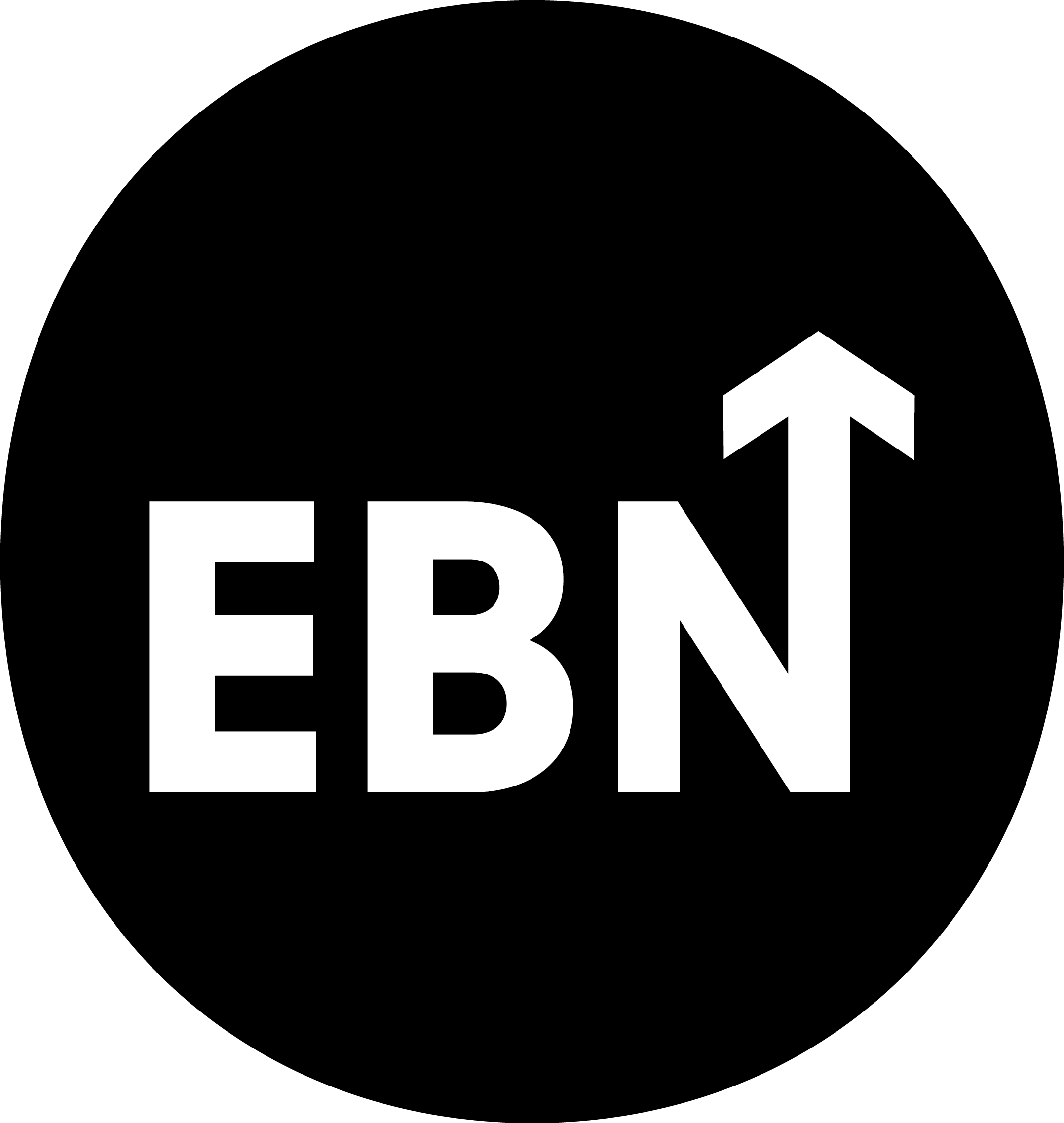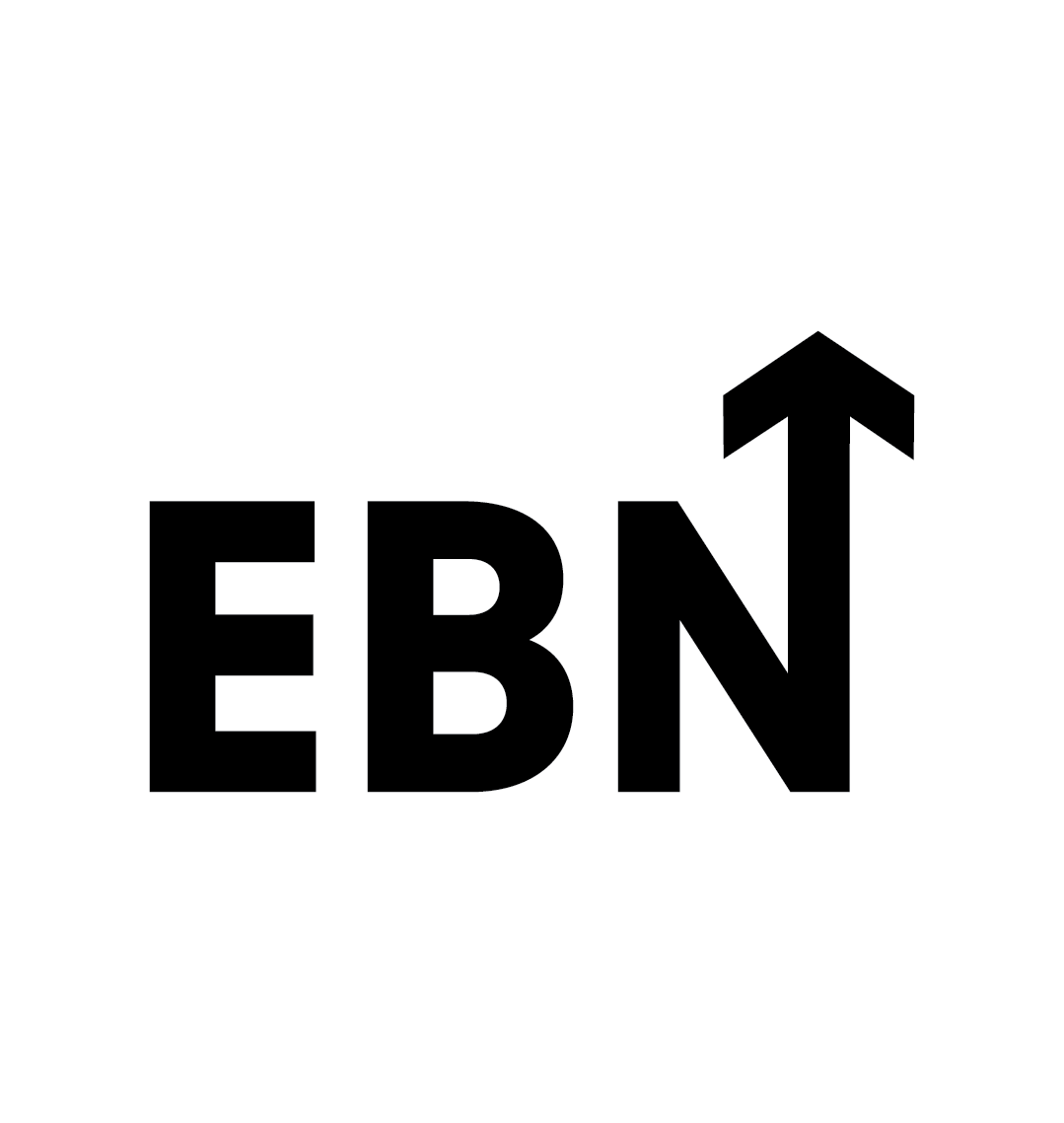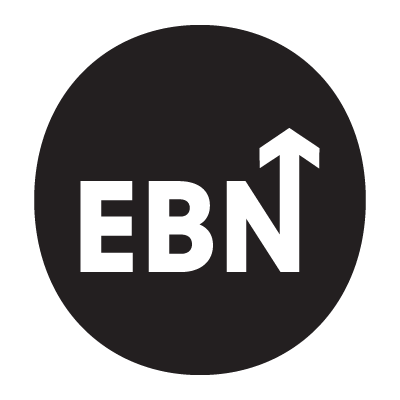Guest writer: James Ellis
15 years ago, when the Netflix culture deck came out, it was, without question, something of a revolution. At the time, companies did not reveal its internal slide decks discussing how it would run itself, or the expectations between employer and employee.
At the time of its release, it caused quite the sensation, becoming the subject of articles and discussions at Fast Company, The New York Times, The Wall Street Journal, and the Harvard Business Review.
Authored by CEO Reed Hastings and Patty McCord, the original Netflix culture deck has been poured over since its launch. Even today, it is quoted often, be it the Keeper Test, paying at the top of the scale, or the need for “brutal honesty.”
Momentum isn’t always progress, especially when you always end up back where you started.
Fathom helps you escape the loop. With insight, not intuition.
Now bear in mind, at 125 slides, the document is actually surprisingly trim. Many slides only have a handful of words. So on its surface, it is crystal clear. But in the 15 years since its launch, it's very possible we may have missed one of this document's most vital lessons, one that matters a great deal to employer brand professionals.
From its very first slide, this is a document that seems hell-bent on picking a fight with other companies. It is built on a foundation of saying,
“we are NOT this,”
making it a radical shift from documents of a similar stripe. Most public culture documents or employer brand documents are simply an affirmation. Their goal is to say, “This is who we are” as if the organization lives inside a bubble. The Netflix document rejects huge swaths of expectations, legacy, traditions and received wisdom to set the table for not only what is different about Netflix, but how and why it is different.
Here's an example: Slides five, six and seven. This upfront section exists solely to announce the rejection of old ideas. Netflix is rejecting most culture documents (things like mission statement, value statements, posters, etc) by underscoring how neutered they are. They even make fun of Enron, highlighting their willingness to get past the spin.
What I find most interesting is the way this section, and most of the deck, is written.
Helping HR, talent acquisition, employer branding, and company culture professionals find careers worth smiling about.
If you've worked with Comms professionals, PR teams, or other corporate writers, their standard operating procedure is to write in the positive. That is, they want all statements to be positive, avoiding saying anything negative. If you write, “We're not that. We're this.” it will get corrected to, “We’re this.” It takes an argument to get something like “We’re this, not that” through.
But the Netflix culture document embraces the concept of “negative first.” Not because of a cynical mindset, but because they are trying to be crystal clear about the things that they are rejecting. And it is this willingness and eagerness to reject old ideas that makes this document so powerful.
No one could read this and think it’s an attempt to put lipstick on a pig. This never reads like a spin job, filled with pretty words to make leadership feel good. This is a manifesto that begins by identifying old thinking and rejecting it unequivocally, a feeling that stays with you throughout the entire document.
Another example: “Unlike most companies, adequate performance gets a generous severance package.” They don't say “adequate performance gets a generous severance package” or something gentler, like, “We expect you to be the best in order to stay here.” They are drawing lines to show how this company has come to some very specific ideas of how good work gets done, and how they are codifying it so that everyone understands what they're getting into.
At its core, this willingness to be clear on how they are different is what makes the Netflix culture deck so powerful. The actual ideas being described here aren’t really new. Saying how you are willing to get rid of under-performers isn’t new. That’s the everyday life of a sales person, or someone who works at a hedge fund. In the 1980’s Jack Welch was famous for firing the bottom 10% of the company every single year.
So the idea itself isn't revolutionary. What is revolutionary is how it's being presented. They're just not listing their positives. They're not saying “we're great,” “we're innovative,” or “we're excellent,” which would be the full text of how most companies have and continue to present themselves. They start by defining themselves by what they are not and what they disagree with.
The magic is that embracing the negative makes the positives more powerful, more clear, and more valuable. And that's the hidden missed lesson of the Netflix culture deck.
In 15 years since this has been released, we have been overwhelmed with any number of copycat documents that miss that point, who talk about how great they are, who talk about the innovation, the excellence and the caring and the support, but never seeming to say how they are actually different from all the other companies.
They are effectively repackaging the exact same ideas into a slightly shinier package, and that is not how a brand is built. Certainly not one that's going to attract notice in this attention-starved world we live in.
How can someone choose to work at your company if you can’t show how you are different in a meaningful way? And what better way to underline your difference than by stating what you disagree with?
Great brands are built on a fundamental disagreement with something, otherwise, why would they exist? A company that says, “um, yeah, we also think water is good,” stands zero chance of carving out a place in a crowded drink market.
Employer brand professionals must embrace this idea of saying who they are not, and what this company is not. They must give shape to the disagreement your company has with the industry, or other companies, or the usual way of doing things.
That is the beating heart of a strong brand. Otherwise, you're simply… yet another company just like the rest.

Current version of the Netflix Culture - The Best Work of Our Lives
Takeaways
What is the Netflix culture deck?
The Netflix culture deck is a 125-slide document created by CEO Reed Hastings and Patty McCord, outlining the core values and practices of Netflix’s corporate culture.
Why is the Netflix culture deck considered revolutionary?
It’s considered revolutionary because it openly rejects outdated corporate norms and clearly defines the company’s values through what it is not, setting a new standard for transparency and authenticity.
What is the Keeper Test mentioned in the Netflix culture deck?
The Keeper Test is a principle where managers ask themselves if they would fight to keep an employee. If the answer is no, Netflix suggests offering a generous severance package.
How does the Netflix culture deck handle underperformance?
Netflix states that adequate performance results in a generous severance package, emphasizing the company’s high-performance expectations.
What lesson can companies learn from the Netflix culture deck?
The key lesson is the importance of defining a company’s identity through what it rejects, making its positive values more impactful and authentic.
Why do many imitations of the Netflix culture deck fail?
Many imitations fail because they do not embrace the principle of clear rejection. They often focus on listing positive values without the crucial context of what they stand against.
Guest writer
James Ellis is an authority on employer branding, focusing on companies who think they have no choice but to post and pray for talent. Over the past decade, he has built the brands for more than a dozen of companies and supported the development and activation of dozens more.
He is the principal of Employer Brand Labs in Chicago, an author, keynote speaker, practitioner, and podcaster with a wealth of experience across multiple industries for almost a decade. James’ achievements include authoring what’s been called the bible of employer branding, managing the number one employer brand newsletter in the world and helping companies globally establish and develop their ability to hire talent.
.png)









